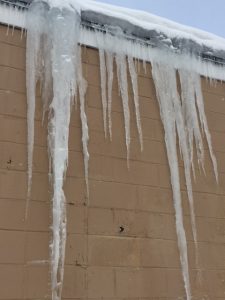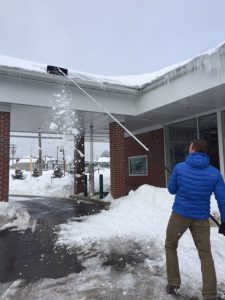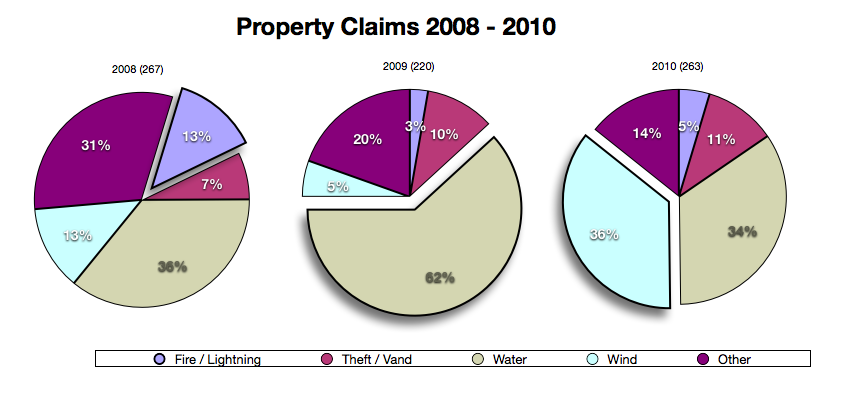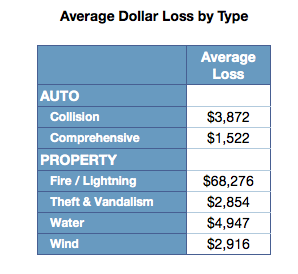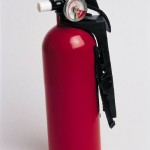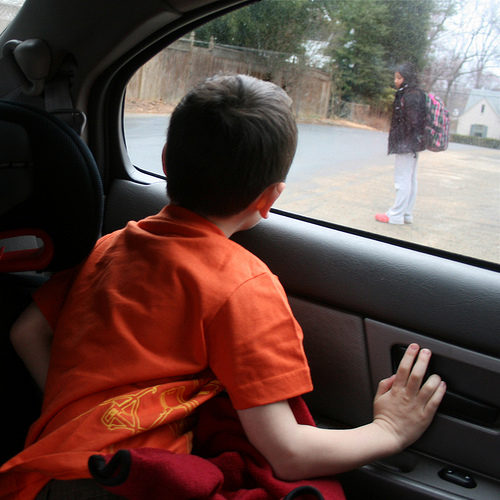Parents of young teens often dread the day they start driving. They worry about their safety, the responsibility for others in the car or on the road, and the expense. Between insurance, gas, and maybe buying another car, it’s expensive to have a teen driver.
 The cost to insure a teen driver varies greatly, depending upon driving record, vehicle types, use of the vehicle, and coverage level. Rates and rules vary by insurance company, too. Most Maine insurers only require you to add a driver when they get their license, not their learners’ permit.
The cost to insure a teen driver varies greatly, depending upon driving record, vehicle types, use of the vehicle, and coverage level. Rates and rules vary by insurance company, too. Most Maine insurers only require you to add a driver when they get their license, not their learners’ permit.
If everyone’s driving record is clean, your teen has a vehicle at their disposal most or all of the time, and that vehicle has comprehensive and collision coverage, expect to pay $1,500 to $2,000 extra per year to add a teenager to your policy. If they buy their own vehicle and insurance, it can cost more than that.
Strategies to Reduce the Cost of Car Insurance for Your Teen.
- Drop collision coverage on the vehicle. Yearly savings: about $500 – $750.
If your teen is the primary driver of a vehicle that is paid off, you can choose to self-insure collision damage for that vehicle.
Downside: If the vehicle is damaged in an accident, your insurance company will not pay to repair it.
Surprising Fact: Teens may drive more carefully, knowing that if they’re in an accident, the vehicle may not be repaired or replaced. - Have fewer cars than drivers. Yearly savings: about $1,000 to $1,500.
If your child does not have a vehicle available for everyday use, they are considered an “occasional operator”. Most insurers charge a lower rate for these drivers.
Downside: You have to share a vehicle, which can be inconvenient.
Surprising fact: Many families start with this approach, and move to option #1 as the teen gains driving experience. - Get the Discounts You Deserve. Yearly savings: $50 to $100.
Most insurers offer Maine auto insurance discounts for teens who are honor roll students or who complete a driver education program.
Downside: none. Who doesn’t like saving money, or encouraging your teen to make good grades?
Surprising Fact: Some insurers offer auto discounts for being a non-smoker, low-mileage driving, or displaying safe driving habits.
If you’re in the market for auto insurance in Greater Portland, get 5 free car insurance quotes online, or call Noyes Hall & Allen at 207-799-5541. If you live in another area, we recommend calling a local independent agent. Look for an agency that can offer you a choice from Maine’s best auto insurance companies, and provide professional local service.
Photo credit: Teen driver by jamesstewart is licensed under CC BY 2.0



